|
 For myself, however, I had listened to approximately 30 Ys series OSTs and arrange albums before I played a single Ys (or any Falcom) game. And with no context, I still fell in love. So maybe there is something extra special about the Ys soundtracks. 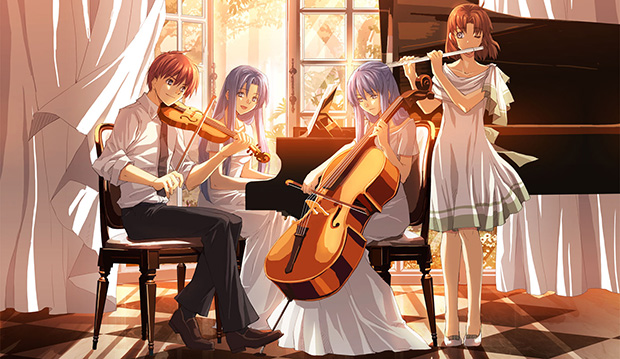 Originally, Falcom set out a rule that each song had to be easy to hum; i.e., melody was the key. When looking at the early Ys titles (say, I through III), the "Falcom rule" holds true for about 80%-90% of the compositions. The same cannot be said for most Action RPGs, or Japanese games at all; for them, you may find a rate of 30%-50% where the melody is both memorable and highly emphasized. Falcom, and Ys in particular, was not interested in atmospheric BGM. They wanted songs you could remember. This may help explain the phenomenon of why there are so many arrange albums out there, both by Falcom and in the doujin scene: you can convert those melodies to virtually any genre or instrumentation out there.  The concept of putting your game company's music under the umbrella of a sound team was common in the late ‘80s and early ‘90s. Capcom did this with Alfa Lyla/Lyra, and Konami did this with the Kukeiha Club. In an interview with Atsushi "Tenmon" Shirakawa, he stated that Falcom prefers to credit their work as a team so as to put the focus on their combined work, not individual efforts. This can be very frustrating for fans who want track-by-track breakdowns as to which composers on the team, at any given time, wrote which songs for which games. There are still investigations by fans underway for Falcom titles, though I believe most of Ys is covered now (the Brandish series remains something of a mystery). As for "JDK Band" – this is just one variant of JDK music projects. You will also find, among arrangers and performers credited in Ys soundtracks, the "JDK Dulk Factory" (for Provincialism Ys), the "JDK Electric Orchestra" (Symphony Ys '95), and others. It just so happens that "JDK Band" is the most recognized because there have been so many rock-based arrangements of Ys music over the years. In fact, the JDK Band had their own 4-part series of albums in the ‘90s, heavily featuring Tomohiko Kishimoto. More recent iterations of the JDK Band (again, with capitalization rules changed to "jdk") have been doing live performances, and releasing arrange albums such as the ZANMAI series. 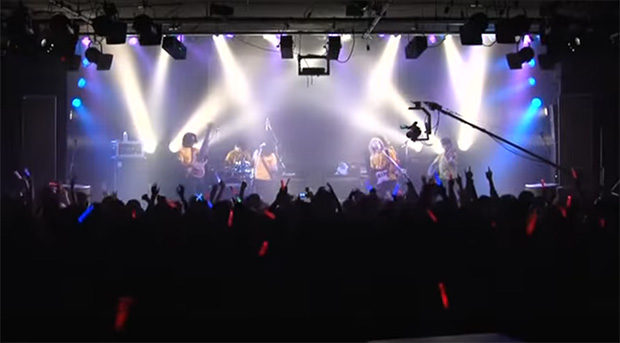 Today, there is virtually no overlap between the current sound team jdk and what it was in the late ‘80s. The only person who remains, to my knowledge, is Mieko Ishikawa, one of the executives who started at Falcom in 1987. She wrote some of the songs for Ys I & II, and while she's technically not a member of the sound team anymore, she still works as a director for Falcom, heavily involved with the Ys franchise. For a full list of current and former members of sound team jdk, check out their information page on vgmdb. The list is quite long as it's something of a rotating door for composers looking to get a start and then move forward.  The original compositions for Ys I were done by a highly-respected composer, Yuzo Koshiro, save for a handful of tracks composed by Mieko Ishikawa. For Ys II, the ratio flips, with Ishikawa handling the bulk of the songs, and Yuzo Koshiro only writing about nine of the 50+ songs (though his compositions remain some of the best-known, including "To Make the End of Battle" and "Termination"). The original compositions were done for the Japanese PC-88. However, Redbook audio arrangements were placed on-disc for the PC Engine CD (PCE-CD) and they are highly celebrated among fans. 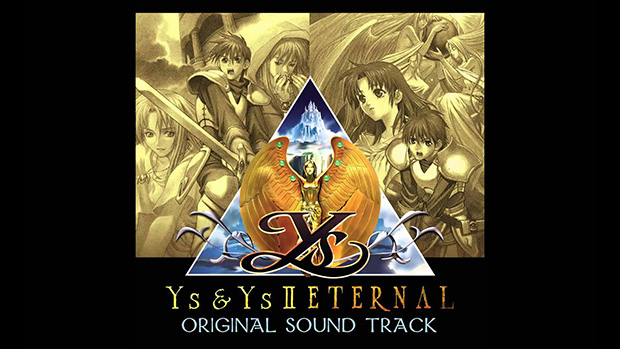 After a slew of arranged albums, Ys & Ys II got their first OST upgrade for "Ys and Ys II Eternal" for PC. These versions were never officially released for Western audiences, though the soundtrack is easily accessible. For this remake, the re-arranged audio was handled by nearly a dozen jdk staff members at the time, and while there is something to appreciate here, it generally does not live up to the many arranged albums of the past, nor the Redbook audio. Then, almost ten years later, Falcom created Ys I & II Chronicles for PC and PSP. I personally consider this the definitive modern form of the classic game's music. It surpasses the Redbook audio in every way; it is like an arranged album all its own, but it covers every single track from the two games, instead of just 10 or 12 songs.  One thing that hasn't changed is the re-use of some of the most common melodies from Ys I & II. "So Much For Today" has become the de facto Game Over tune for every Ys game (it is slowed down, of course). In the case of the prequel Ys Origin, about half of that soundtrack re-uses Ys & Ys II themes in powerful, exciting new ways. There are also little delights, such as the treasure chest opening jingle, which is hauntingly familiar to the "Item Get" fanfare from the Metroid franchise. 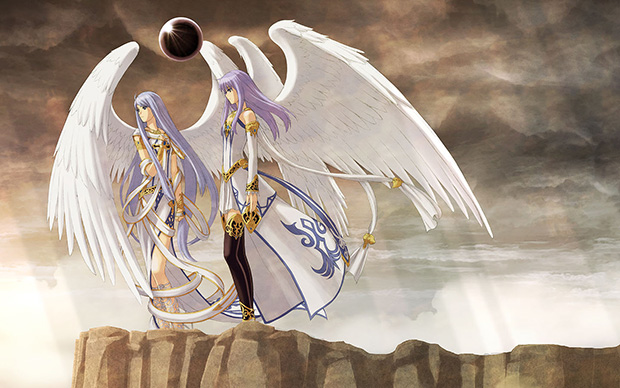  If you want physical products – usually, CDs – there are a few importing options. For copies of new, recent albums, some distributors such as CD JAPAN often carry them. You can also order DIRECTLY FROM FALCOM. Yes, they will ship internationally! But you have to be able to navigate their website in Japanese (Google Translate plug-in on Google Chrome is your friend!). For international orders, you "place" your order by sending them an email with the items you want, listed by catalog number. They email you back with a bill, and then you email them your payment information (which, yes, sounds sketchy). But they are dedicated to their fans, including international fans, so that you can purchase their products. Other companies of similar size, such as Gust and or 5pb, will not do the same for their non-Japanese fans. Finally, there is the issue of old music. Before Falcom was self-publishing … for about the first decade of their existence … their music was published by King Records (catalog prefix KICA-). You are not going to find those albums in stock, en masse, new and shrink-wrapped. Rather, you're going to have to take it to eBay and Yahoo! Japan and start bidding. Alternately, you can look at sale lists among vgmdb users. Some items are easier than others to find. For example, the "Perfect Collection" albums for Ys and Ys II exist in multiple printings, and all printings are considered easy to find and relatively inexpensive to purchase – though, the "picture disc" printings are the most rare and will cost you more. In contrast, the three-volume "Perfect Collection Ys IV" albums may run you as much as $50 per volume, as Falcom / King Records must have underestimated, and thus under-printed, these albums. Demand for these three albums has been high since the beginning of time, and their ease of purchase digitally on iTunes has not decreased the value of the physical CDs. 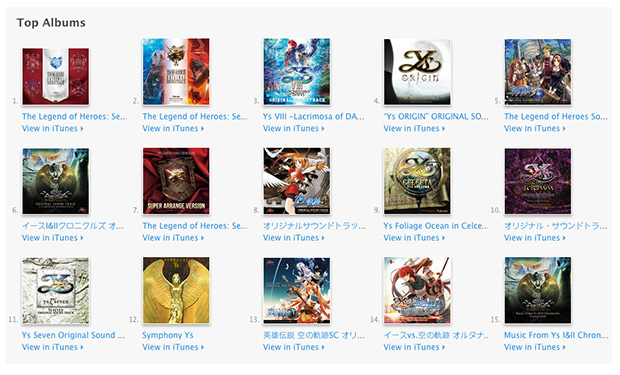   |









